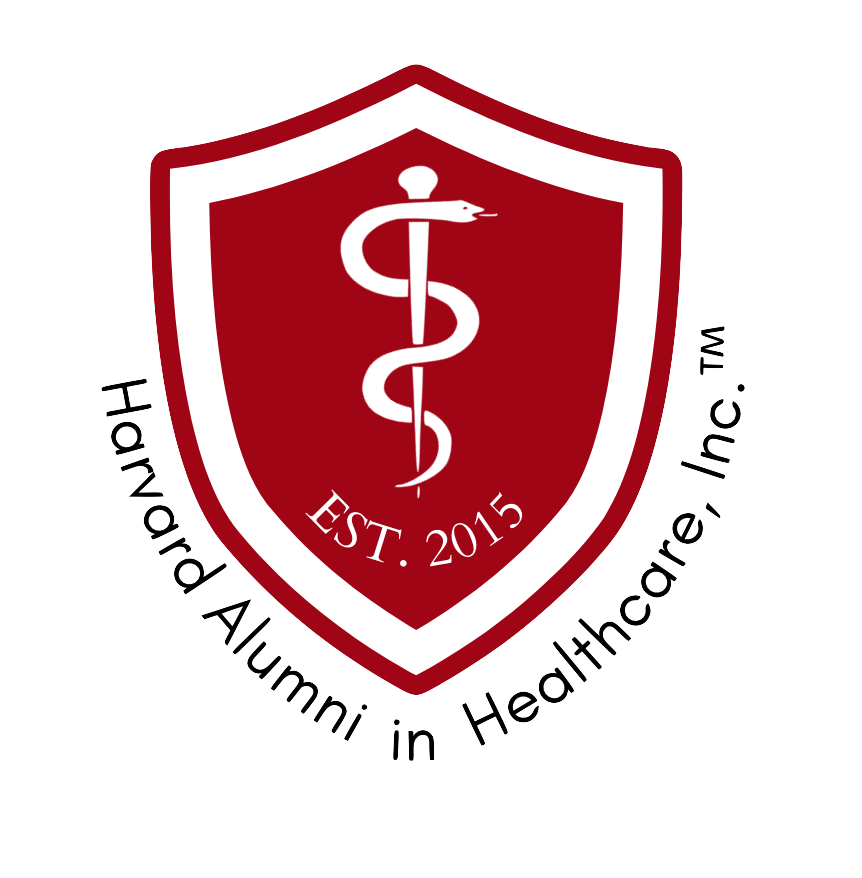Jessie Tenenbaum, AB 1996
I’ve had a fairly circuitous career path. In college, my concentration was biology, but I chose to take computer science classes. At the time, bioinformatics was not even a field. Afterwards, I went off to Microsoft for six years, then to Duke first as staff and then as a faculty member, and I am now serving in state government in a public health position. Little did I know that this career shift would be during the first global pandemic we’ve seen in 100 years. It’s been intense and insane. We keep saying that it can’t get crazier, but then there’s always another crisis. Recently, we’ve been feeling better here in North Carolina because we’ve really stepped up our COVID-19 vaccination rates. It’s been a huge team effort - people are working their butts off on phone calls all the time, double, triple booked even from 7:30 in the morning all the way until 7 or 8 at night. Luckily, even in these moments of stress - and we’ve all had our moments of just breaking down in tears at different times - we all know we have each other’s back. Government really feels like a place where, at least at the state level, I have the real opportunity to have an impact on many people’s lives. In academia we publish papers that we hope build knowledge over time, and ultimately improve lives and healthcare, but the impact doesn’t feel quite as direct.
Several months ago, I was talking with a friend about a technical and social problem about data sharing between entities. The question here was whether it would be beneficial for public health officials to share data with North Carolina’s Health Information Exchange, which all doctors have access to. Understandably, there were a lot of concerns as public health, especially for communicable diseases, is highly sensitive and public trust is important. But there was also significant benefit to providing appropriate data to the providers who needed it.
It was at this point in time when I realized my roundabout path had actually prepared me perfectly to take on this type of challenge. I had built up the skills, the experience, and the perspective, and I had this unique opportunity to make something really hard happen. I was in the right place at the right time to put my skills to work and really impact people. And that moment, among many others, has brought great joy to me.
I have had many influential mentors at different times who have made such a difference in the direction I took. Halfway through college, I decided I wanted to do computer science. I needed to take the intro course of CS 50, back when Margo Seltzer taught it, but it wasn’t being offered that semester. Even so, she allowed me to take it one-on-one with her, and so I borrowed all of her recorded lectures from the Science Center library and put the VHS tapes into the VCR back in my dorm to watch them. The fact that she was willing to do that was amazing, and we are still in touch. She was truly a wonderful role model for me as a woman in science. And then there are others, like Ted Shortliffe, one of the fathers of the field of biomedical informatics, who can be amazing sponsors. I worked with him on a textbook chapter, and, afterwards, he put my name in the hat for chairing the scientific program committee at a conference, and, later, he invited me to be an Associate Editor for a journal.
There’s an important distinction between mentorship and sponsorship. Mentors can give you wisdom and meet with you, but sponsorship involves the more senior person using his or her chips for you and promoting you at different times. It’s all about who you know, and, more importantly, it’s all about who knows you, your name, and your talents.
The important thing is to think about what your key values are. Whatever career you pursue and whatever decisions you make, always make sure to keep those values close to your heart. As someone who could never have predicted the weird turns my career was going to take, I can say that at each point I still made these turns based on what I knew would be fulfilling given my skills and interests.
Knowing what I was really passionately interested in really helped me find a career path. And, of course, stay open-minded and flexible. I initially ended up at Microsoft despite having had no intention of going to Microsoft after college. But, sure enough, I stayed there for six years when I had only meant to be there for a year or two. You just never know.
Jessica Tenenbaum PhD
AB 1996 | Biology
Chief Data Officer at North Carolina Department of Health and Human Services
Interviewed and Compiled by Felicia Ho




